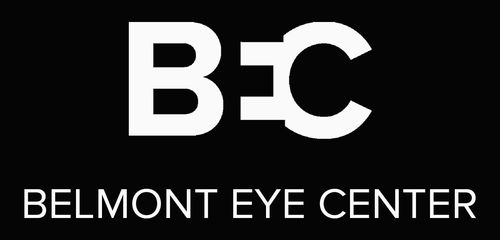Your eyes are one of the most important parts of your body and deserve protection—especially as you age and become more prone to certain eye conditions. There are several ways to preserve your vision and overall eye health, including ensuring you get the right vitamins and minerals that support healthy eyesight. Below, we highlight some of the best nutrients for your eyes.
If you’re not getting enough of these nutrients in your diet, consider adding supplements. However, before changing your diet or starting any type of supplement, consult your eye doctor—something that can easily be done during your next routine eye exam.
Vitamin A
Vitamin A supports your vision, immune system, heart, lungs, and overall growth and development. Specifically, it helps your eyes detect the full spectrum of light by producing pigments in the retina and prevents dryness that can cause irritation or blurred vision.
You can find vitamin A in foods such as salmon, broccoli, eggs, carrots, and fortified cereals. Carrots and other bright-colored vegetables are high in beta-carotene—a compound your body converts into vitamin A. Both vitamin A and beta-carotene are available in supplement form.
💊 Example supplement: NOW Supplements Vitamin A — $5 at Amazon
Vitamin C
Vitamin C is like sunscreen for your eyes. It helps protect them from UV damage caused by sunlight exposure, which can contribute to cataracts and other eye diseases. It’s also an antioxidant that helps regenerate other important nutrients, such as vitamin E.
You can get vitamin C from citrus fruits, bell peppers, broccoli, tomatoes, and strawberries. If you spend a lot of time outdoors, wear sunglasses and a hat for extra protection.
💊 Example supplement: Nature Made Chewable Vitamin C — $3 at Amazon
Omega-3 Fatty Acids
Omega-3s are essential fatty acids that reduce inflammation and support the function of your retina. They may help slow the progression of age-related macular degeneration and can alleviate symptoms of dry eye disease.
You can find omega-3s in fatty fish like salmon, tuna, mackerel, and herring, as well as in chia seeds, flaxseed, and walnuts.
💊 Example supplement: Nature Made Fish Oil — $13 at Amazon
Vitamin E
Vitamin E is a powerful antioxidant that protects your cells—including those in your eyes—from free radicals that can cause disease. It helps slow the progression of age-related macular degeneration by protecting the retina from oxidative stress.
You can get vitamin E from sunflower seeds, almonds, peanuts, red bell peppers, mangoes, and avocados. The American Optometric Association recommends around 400 IU of vitamin E daily.
💊 Example supplement: Nature Made Vitamin E — $9 at Amazon
Zinc
Zinc is an essential nutrient that supports your immune system and helps your body heal. It also plays a critical role in eye health by helping vitamin A produce melanin, a pigment that protects the eyes from damage.
Studies show that zinc supplementation can slow the progression of age-related macular degeneration. You can find zinc in meat, shellfish, chickpeas, lentils, pumpkin seeds, cashews, and eggs.
💊 Example supplement: NOW Foods Zinc Glycinate — $10 at Amazon
Lutein and Zeaxanthin
Lutein and zeaxanthin are carotenoids—plant-based antioxidants that give fruits and vegetables their vibrant colors. These compounds are concentrated in the retina, where they help filter harmful blue light and protect against oxidative damage.
Regular intake can help prevent or slow the progression of age-related macular degeneration. You can find lutein and zeaxanthin in kale, spinach, broccoli, red peppers, and grapes.
